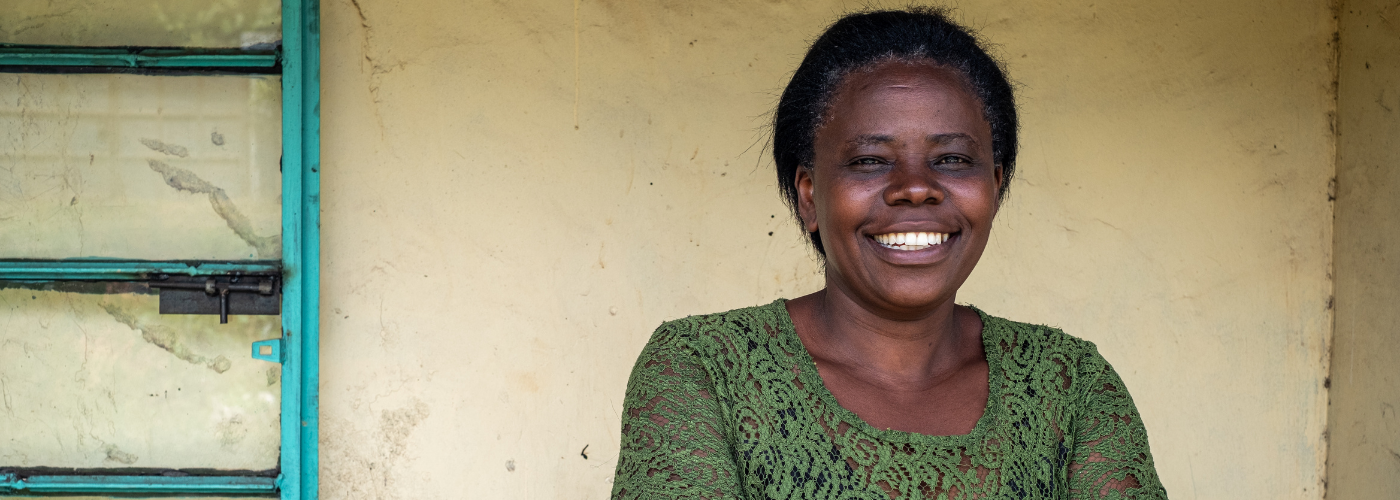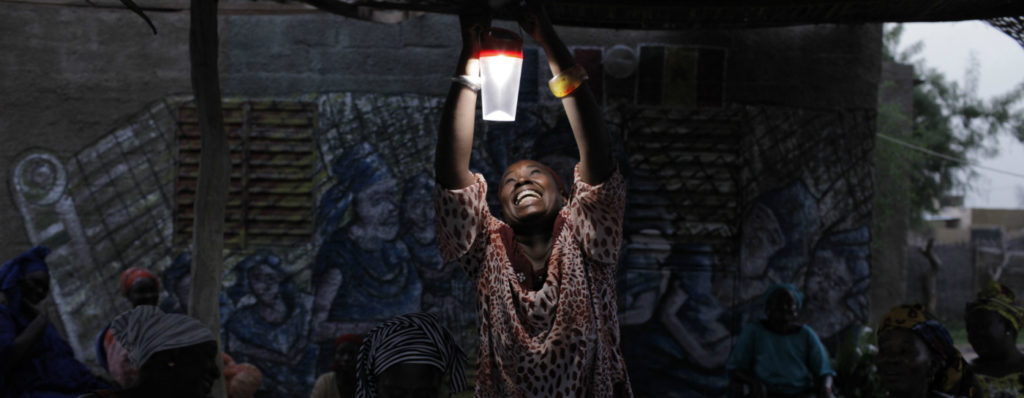To bridge the gender gaps throughout the energy supply chain and in decision-making groups, ENERGIA, EnDev, Modern Energy Cooking Services (MECS), Hivos and the Swedish International Development Cooperation Agency (SIDA), launched the Gender and Energy Innovation Facility in July 2020. The facility aims at developing, testing and evaluating innovative approaches to address the persistent gender energy challenges. The following projects are being implemented in Kenya.
Last-mile products delivery
The Kenya Women Microfinance Bank PLC (KWFT) is testing an innovative method of offering energy products in kind by partnering with energy products suppliers and manufacturers. This concept forms an intermediate function between the supplier, the bank and the customers, all women. When the customer applies for a loan, KWFT orders the product from the supplier, who delivers the product at the KWFT branch closest to the customer. However, this can still be as far as 50 km away from the customer’s house. In this innovative model of last-mile product delivery, KWFT engages with customers, their children (over 18 years) and spouses, to become delivery champions of the energy products using their transportation means, often rented motorbikes. In many cases, customers rent transportation means from enterprises owned by women. For the model to be sustainable, the clients are requested to pay a moderate fee. Thus, rather than getting a loan and buying the energy device themselves, the women get the device they need delivered at their doorstep!
A new type of cooking fuel spares the environment and saves money
In Homa Bay, Western Kenya, Nyalore Impact Limited is developing a new type of fuel block, based on combustible trash. With no waste management system in place in Homa Bay, waste is currently either burnt or thrown away in the drainage system. This poses a threat to the environment and public health. The new fuel blocks will significantly reduce the amount of trash. For its production, Nyalore Impact Limited collaborates with local marginalized women such as widows, women with HIV and disabled women. In exchange for picking up garbage waste, they receive solid blocks as cooking fuel for free. This shows a second positive effect: the collaborating women will be saving money they would otherwise have spent on cooking fuel. Furthermore, because of the business model – engagement with different stakeholders – we expect the cost of these solid cooking fuel blocks to be much lower than the char dust ones people use now. The blocks also generate less smoke than charcoal and char dust blocks, positively impacting public health.
Pico-solar systems produced by women
The Gender and Energy Innovation Facility provided Wilson Okwako Ombisi, a technical expert with vast experience in renewable energy technologies and their application, with the perfect opportunity to present and test a newly designed pico-solar lighting system that addresses three issues:
- Lack of women engineers in the sustainable energy industry
- Growing amounts of e-waste
- High replacement costs when expanding a home solar system.
The project trains women with qualifications in electricals and electronics to become engineers. After the training course, they will control the first home-based pico-solar manufacturing and distribution line in Kenya. The trained women will become producers, distributors, installation technicians, and owners of service clinics of a new type of solar system. These new pico-solar systems are designed so that expansion from 2 or 3 lamps to 5 or more is possible. Now, expanding means one has to buy an entirely new system. As customers don’t have to replace an entire system, they save money to cover other needs.
Read more about the Gender and Energy Innovation Facility.
More on innovative projects in Nepal and Tanzania.


